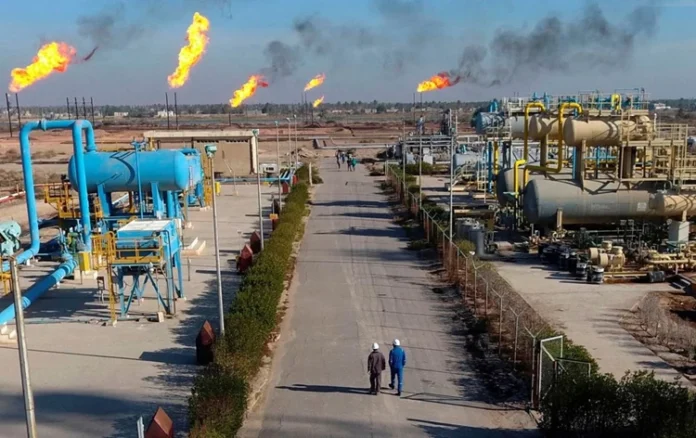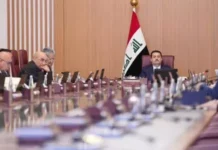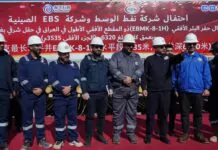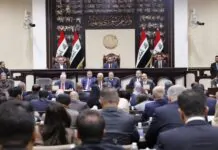Because it is one of the axes of the ongoing conflict over oil imports between the central and regional governments, the Oil and Gas Law is one of the most sensitive laws in the Iraqi state.
The region’s desire to control oil revenues in its lands in accordance with its mood without the supervision of the federal government is at the center of the legal dispute; political forces oppose the region’s request for this privilege because it gives it a sense of separatist independence.
The draft oil and gas law has been stalled since the first session of the Iraqi Parliament in 2005 due to disagreements that prevent its final approval.
He announced, after 18 years, the formation of a committee to draft the law and present it to Congress and the government.
The Minister of Oil, the Minister of Natural Resources in the region, the Director General of SOMO, senior staff from the Ministry of Oil, and oil-producing provinces such as Basra, Dhi Qar, Maysan, and Kirkuk are all members of the committee that was established between Baghdad and Kurdistan to draft an oil and gas law.
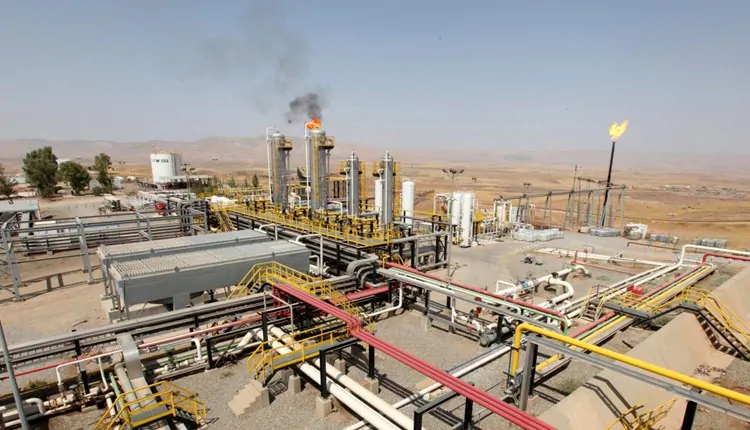
Black gold accounts for more than ninety percent of the resources in the Iraqi treasury, and the country exports an average of 3.3 million barrels of crude oil per day.
Article 14 deals with the Federal Audit Bureau’s examination of oil revenues in the Kurdistan Region.
The Iraqi Oil and Gas Bill regulates this crucial sector for Iraq as well as the management of the country’s oil fields through a single national company with a single account for deposits of revenues.
Mazhar Mohammed Salih, the Iraqi Prime Minister’s financial advisor, confirmed in statements that a stable national plan for investment and production of the nation’s primary sovereign resource, oil and gas, will be established by expediting the House of Representatives’ approval of the federal oil and gas project law.
He explained that this “natural resource has an indirect impact on our country’s total economic activity by no less than 85 percent” and contributes “directly to Iraq’s gross domestic product by nearly 50 percent.”
“Adopting a unified national oil policy and achieving optimal investment and production in Iraq’s oil area, starting from the southern fields and working up to the northern and regional fields, is an important and strategic matter in the matter of benefiting from opportunity costs in the optimal and harmonious operation of the current Iraqi oil policy,” Saleh stated.
The draft of the Iraqi oil and gas law that is available to parliament says that a national oil company, supervised by a federal council that specializes in this kind of thing, should be in charge of managing the country’s oil fields.
The Kurdistan Oil Law, on the other hand, states that the Iraqi government can participate in the management of fields discovered prior to 2005, but that the regional government is in charge of fields discovered after that date.
The region was ordered by the Federal Court in Baghdad to return the oil produced on its territory to Baghdad in 2022 and to cancel contracts it had signed with foreign businesses. The situation progressed to the point where the Baghdad judiciary declared invalid contracts with numerous foreign businesses, particularly American and Canadian ones.
Following quite a while of sending out oil alone by means of Turkey, the Kurdistan District must, actually 2023, submit to a global mediation deciding that gives Baghdad the option to deal with Kurdistan’s oil completely.
Exports from the region ceased as a result. Kurdistan’s oil sales will be handled by the Iraqi State Oil Marketing Organization (SOMO), and revenues from the region’s fields will be deposited in an account at the Central Bank of Iraq or one of the banks approved by the Central Bank of Iraq, according to an interim agreement signed between Baghdad and Erbil.
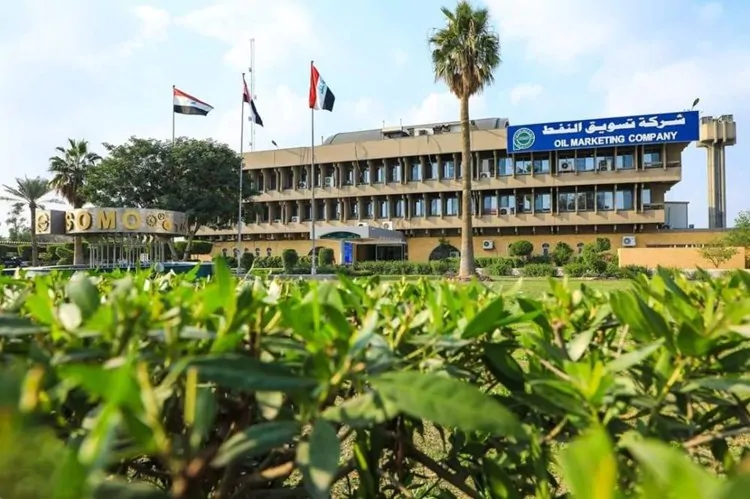
MP Dhurgham Al-Maliki, a member of the Parliamentary Oil and Gas Committee, disclosed that Masoud Barzani and members of the State Administration Coalition and the Coordination Framework discussed the oil and gas law.
“The committee discussed the draft law in a professional manner and completed the majority of its paragraphs,” Al-Maliki stated, “but the government requested its withdrawal to make amendments, indicating that the law is still in the government’s possession.”
He thought that “the oil disputes between the center and the region, indicating that the approval of the law has become an urgent necessity due to its ability to resolve 90% of the disputes between the center and the region,” was the reason “the obstruction of the approval of the annual budgets is due to the oil disputes between the center and the region.”
He demanded that “political forces to pressure the government to send the law for the purpose of legislation” and emphasized that “the legislation of the law is governed by political agreement, not professional agreement.”
